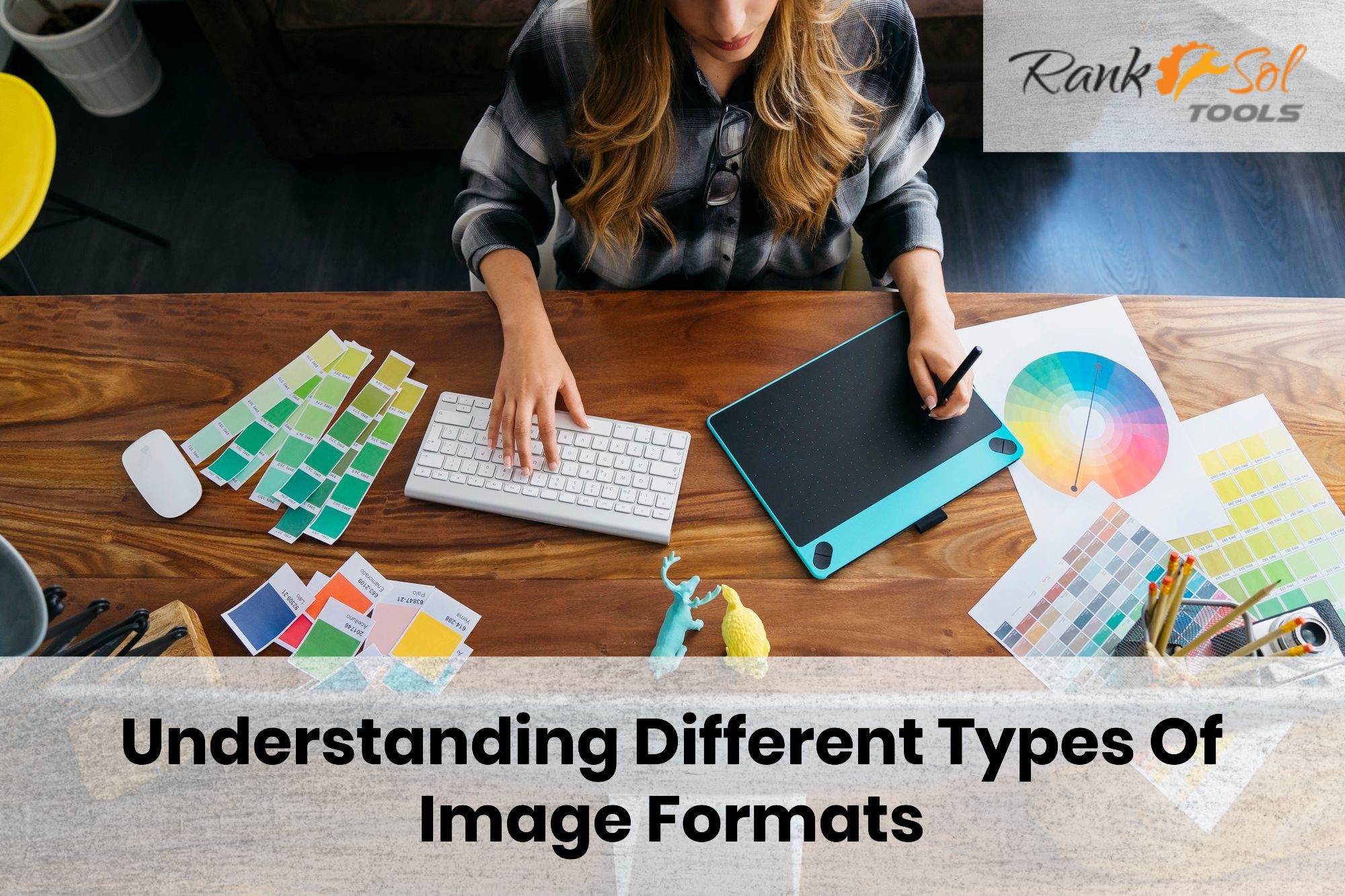
Image to Base64
Convert any image file or URL to Base64 online
What can it do?
The RST free image to Base64 encoder is a time-saving tool for web developers and designers. Just drag and drop your image, or provide the URL, into the box above and it will automatically convert it to Base64 code. The Image Optimizer is the perfect companion for any developer that needs to generate a large number of images in a variety of different formats. We've taken care of the hard work:
Base64 is the encoding algorithm that converts any characters, binary data, and even images or sound files into a readable string, which can be saved or transported over the network without data loss. Base64 is the most common encoding used in MIME, which is a part of the email. The Base64 encoding converts binary data into text. This makes it easy to send attachments without having to worry about compatibility because it's already in a format that most computers can read.
Base64 images are primarily used to embed image data within other formats like HTML, CSS, or JSON. By including image data within an HTML document, the browser doesn't need to make an additional web request while rendering the page. This is particularly useful if you want to avoid a flash of unstyled content or have a responsive design with multiple images. Base64 is a way to compress an image so that it can be more easily sent over the internet. It's a string of numbers and letters that represent the pixels in the image. This encoding saves bandwidth since it takes up less space, and reduces latency since it can be sent more quickly.
When you use Base64, there are two main benefits:
1) You don't need to use up space on your server, and
2) You can send it across any format without worrying about encoding or decoding the image.
Once converted to Base64, encoded image data will look like this:
iVBORw0KGgoAAAANSUhEUgAAACAAAAAgCAMAAABEpIrGAAAABGdBTUEAALGPC/xhBQAAAAFzUkdCAK7OHOkAAAAgY0hSTQAAeiYAAICEAAD6AAAAgOgAAHUwAADqYAAAOpgwnLpRPAAA...The string can be used instead of an URL in the src attribute of the img element in HTML:
<img src="data:image/png;base64,iVBORw0KGgoAAAANSUhEUgAAALQAAAC0CAYAAAA9zQYyAAAABGdBTUEAALGPC/xhBQAAAAlwSFlzA..." />Or you can insert the string as a background-image in CSS:
background-image: url("data:image/png;base64,iVBORw0KGgoAAAANSUhEUgAAALQAAAC0CAYAAAA9zQYyAAAABGdBTUEAALGPC/xhBQAAAAlwSFlzA...");Converting images to Base64 is a crucial step in many web development tasks. For example, if you want to set up responsive images with a CDN, your image files need to be Base64 encoded. If you are using a CMS like WordPress or Drupal, storing image files in the database will require them to be encoded as Base64.
















.webp)
 (1).webp)
.webp)
